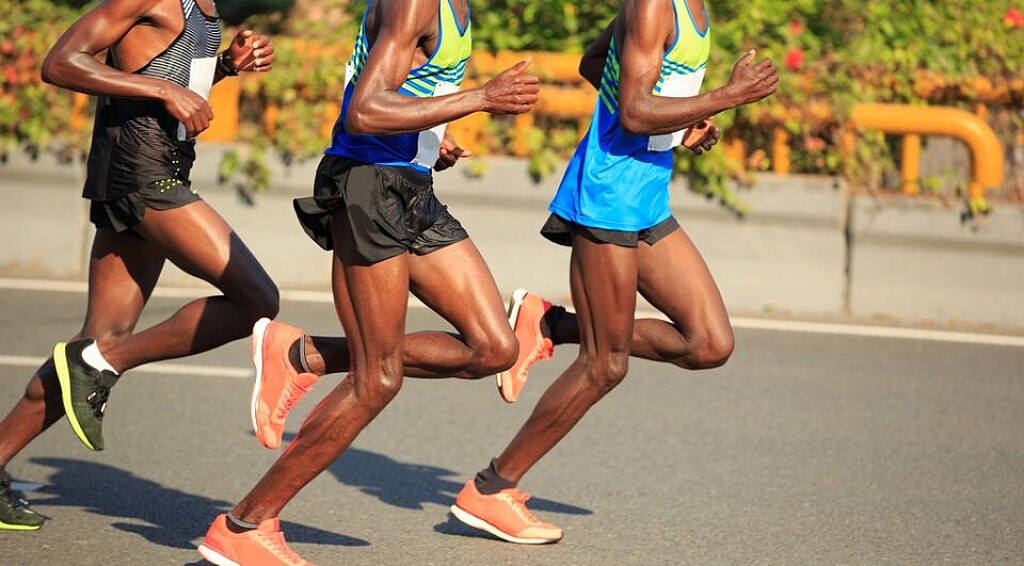Running News Daily
Running News Daily is edited by Bob Anderson. Send your news items to bob@mybestruns.com Advertising opportunities available. Train the Kenyan Way at KATA Kenya and Portugal owned and operated by Bob Anderson. Be sure to catch our movie A Long Run the movie KATA Running Camps and KATA Potato Farms - 31 now open in Kenya! https://kata.ke/
Index to Daily Posts · Sign Up For Updates · Run The World Feed
Five reasons why athletes engage in doping activities
This article provides a comprehensive list of 5 pre-disposing factors as to why athletes engage in doping.
Kenyan athletes have always placed Kenya on the world map with their impeccable performances but it is usually not an easy way to the top.
Some athletes are always forced to take the easier route to the top, fueled by different challenges in their lives. Doping has been a crisis in Kenya in the past few years but the Anti-doping Agency of Kenya is slowly changing the narrative and ensuring athletes run clean and fair.

Speaking during the Sports Journalists Association of Kenya (SJAK) Anti -Doping Seminar, Dr. Martin Sisa outlined the pre-disposing factors that force athletes to take the wrong route and engage in doping.
1) Financial reasons

Most of the athletes come from humble backgrounds and they believe the easy way out would be through athletics. However, most of the successful athletes would admit that success does not come in one day.
Some have had to work for years before their breakthrough, but some of the athletes, especially upcoming, want to have quick riches and one way of achieving the goal is through doping. Some athletes engage in the heinous activity to get good results and in turn get sponsors and publicity.
2) Physiological reasons
Physiological reasons also contribute to why most athletes engage in the heinous activity. Some athletes may be looking to change the outlook of their bodies and work on their physiological aspects for the short term.
According to research on the physiological implications of doping in sports, some short-term responses the body include an increased heart rate, the redistribution of blood flow, the transporting of oxygen to the active muscles, and removing of waste products such as carbon dioxide from the body maintaining body temperature, and regulating hormones.
These responses enhance the body’s ability to cope with the immediate demands of the current exercise bout. However, the kind of doping that changes physiological aspects of an athlete has long-term negative effects that include heart failure, heart attack, arrhythmia, stroke and even death.
3) Governance issues
Poor governance of an athlete is also a root cause of doping. Whenever an athlete has a poor management wit malicious goals, he/she might be forced to dope, either knowingly or unknowingly. When athletes select a management, it is necessary to do a background check and understand all the important information before making the bold step.
4) Individual interests
Other athletes are driven to dope by their individual interests. Different athletes have different goals and not all are able to achieve the goals set within the specific time.
This may force them to engage in doping, to ensure they beat their deadlines and meet their needs either financially, psychologically or emotionally.
5) Hunger to win immediately
Cultural reasons may also push an athlete into finding himself/herself on the wrong side of the law. The culture in most sports is usually centered on winning, driven by the pressure from fans and external factors.
An athlete might also want to achieve a lot in a short span of time and this may lead to them engaging in doping activities almost any cost.
by Abigael Wafula
Login to leave a comment




